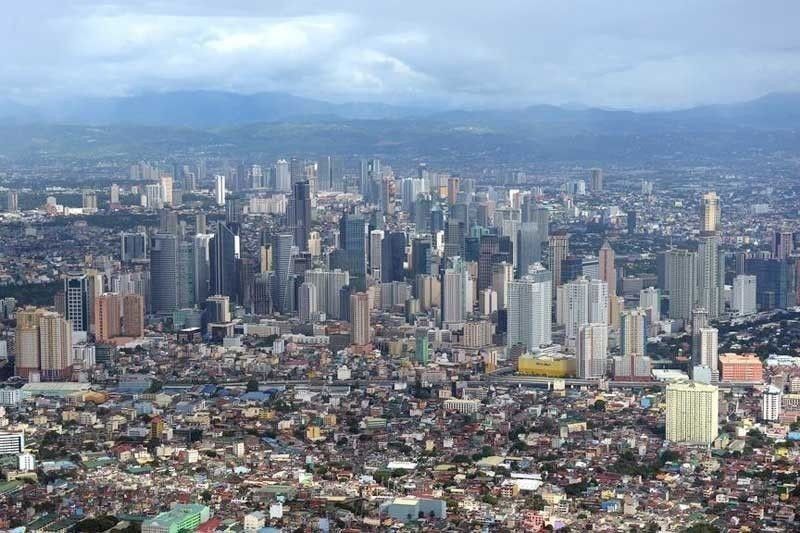November decline risks PEZA pledges falling to 14-year low

MANILA, Philippines — The country’s largest economic zone operator is facing an inevitable third year drop in investment pledges in 2020, a grim closing to a year that saw intense investor aversion brought by the coronavirus pandemic and attempts to reduce tax perks.
With only a month left in the year, foreign investment pledges in the Philippine Economic Zone Authority (PEZA) amounted to P88.34 billion from January to November, down 19.1% year-on-year. Investments were funneled to 300 projects, down 39.5% annually.
As expected, Charito Plaza, the ecozone’s director general, said the health crisis prompted investors to rethink plans even in ecozones where tax perks are offered to lure them in. It also did not help that these incentives are at risk of getting lost over an administration priority legislation all but certain to get enacted early next year.
“We continue to be positive about opportunities for the Philippines to attract trust and confidence of investors and business groups whether in terms of new or expansion projects,” Plaza said in a statement on Thursday.
But optimism may not be enough for PEZA to beat an unofficial projection of attracting investments worth P100 billion. That moderated forecast was adopted after the agency disregarded targets when it became clear coronavirus disruptions would prevent growing last year’s haul of P117.54 billion.
With the November tally, pledges are now most likely to continue a downslide that started in 2017 and would probably end the year at their lowest level since 2006.
Pledges, while are hardly actual inflows, are used as gauge of intentions from investors to bet on the Philippines, although strictly speaking, they can ultimately back out from these plans.
That said, PEZA also operates 531 of the 549 ecozones nationwide as of 2018, so investments in these areas account for a huge chunk of annual inflows to these areas. Investments in ecozones are also made with the benefits of the incentives, which are different from the broader foreign direct investments tracked by the central bank.
An underperformance looms even after PEZA saw 2,645 firms, representing 88% of companies located in the ecozones, to have gone back in business from lockdowns as of November. Enterprises such as business process outsourcing and manufacturing firms were likewise operating at near normal levels.
“While implementing COVID-19 protocols and guidelines, we continue to serve our mandate and turned challenges into opportunities for the Filipino people and Philippine export-industry,” Plaza said.
With investments down, fewer jobs are also getting generated inside PEZA ecozones. As of October, pledges were estimated to create 1.5 million jobs, falling 2% year-on-year. Meanwhile, PEZA exports inched down 0.6% on-year to $45.09 billion.
Going into the next year, Plaza earlier admitted PEZA is likely to continue to struggle especially with the Corporate Recovery and Tax Incentives for Enterprises (CREATE) bill bound to get enacted. CREATE would lower corporate income taxes, but also reduce tax perks that make places like PEZA attractive to foreign investments.
Plaza, who in the past had been vocal in opposing CREATE, did not address the bill’s impending enactment on Thursday.
“While PEZA, like other investment promotion agencies, may have experienced a decline in investment applications this 2020... PEZA remained on top of its mandate and think out of the box and doing great balancing acts,” she said.
- Latest
- Trending























